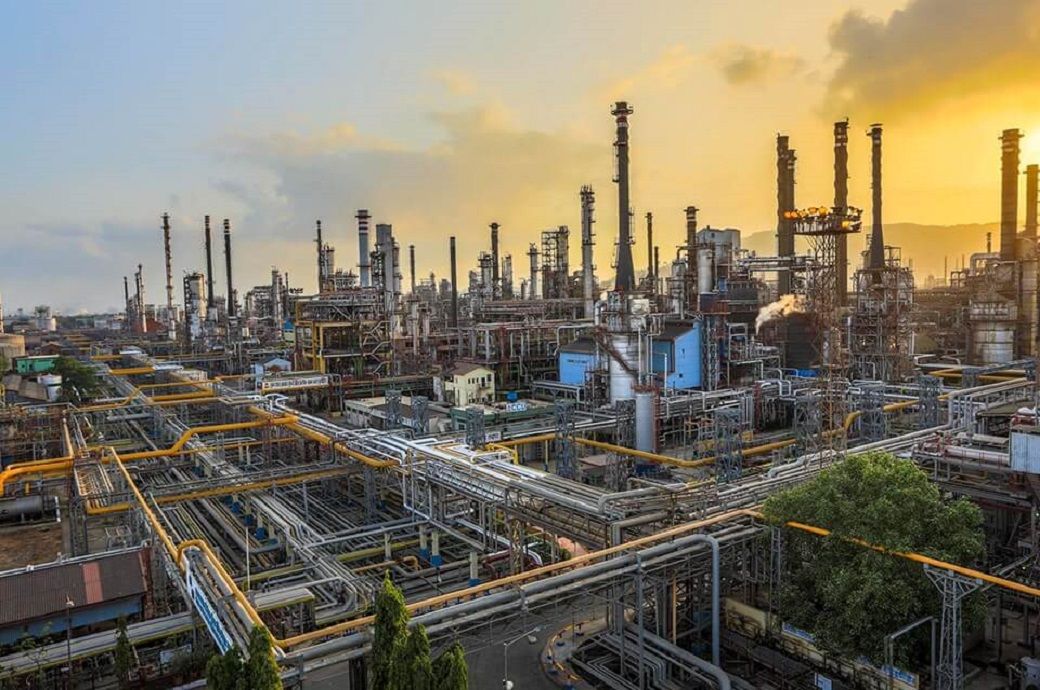
Following its earlier announcement on September 13, 2024, Bharat Petroleum Corporation Limited (BPCL) and GPS Renewables Private Limited have officially entered into a Joint Venture (JV) agreement to establish Compressed Biogas (CBG) plants across India. This strategic alliance is a significant step towards advancing India’s energy transition and contributing to BPCL’s Net Zero goals.
BPCL and GPS Renewables have formed a JV to set up Compressed Biogas (CBG) plants across India, supporting BPCL’s Net Zero goals and national climate initiatives.
The venture will convert biomass into CBG, tackling stubble burning, reducing emissions, and aiding rural development.
Initial plans include 8–10 plants in high biomass states like Bihar and Punjab.
The JV agreement was formally signed by Shri Sameet Pai, Head (Corporate Strategy), BPCL and Shri Mainak Chakraborty, CEO & Co-Founder, GPS Renewables Private Limited in the presence of Shri Sanjay Khanna, Director (Refineries) BPCL and Shri Raj Kumar Dubey, Director (HR) BPCL. This collaboration signifies a commitment by both organizations to harness sustainable energy solutions in alignment with national and global climate objectives.
The joint venture will focus on converting organic Biomass waste into Compressed Biogas, a renewable and eco-friendly energy source. By leveraging advanced waste-to-energy technologies, this initiative aims to address critical environmental challenges, including –
1. Agricultural residue management: Providing a viable solution to stubble burning, which contributes to air pollution and soil degradation.
2. Greenhouse gas reduction: Mitigating climate change by reducing emissions.
3. Sustainable rural development: Creating a structured value chain for agri-residue procurement, generating an additional income source for farmers.
The Joint Venture plans to establish 8 – 10 plants across Bihar, Odisha, Punjab, Uttar Pradesh and West Bengal, over the next few years, which offer significant agri biomass potential for CBG production and aligned with BPCL’s existing geographical allocation for city gas distribution. This reduces logistics costs and promotes efficient operations.
Moreover, this initiative will enhance India’s energy security by reducing dependence on imported fossil fuels, aligning with key Government’s objectives, including GOBARdhan (Galvanizing Organic Bio-Agro Resources Dhan) initiative, which promotes organic bio-agro resources, the Sustainable Alternative Towards Affordable Transportation (SATAT) scheme, which fosters sustainable transportation alternatives, and CBG Blending Obligation (CBO), which encourages clean fuel adoption.
This partnership exemplifies the growing collaboration between public and private sector leaders in fostering innovative and developing sustainable energy solutions to support India’s low-carbon future.
Note: The headline, insights, and image of this press release may have been refined by the Fibre2Fashion staff; the rest of the content remains unchanged.
Fibre2Fashion News Desk (HU)




